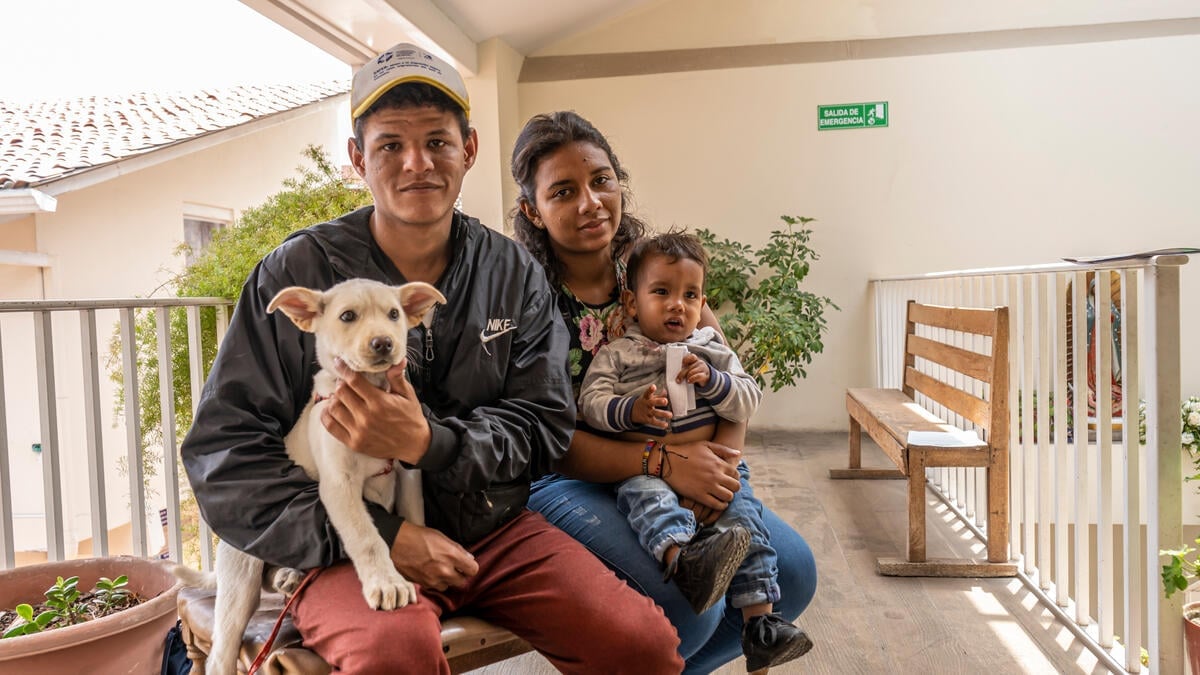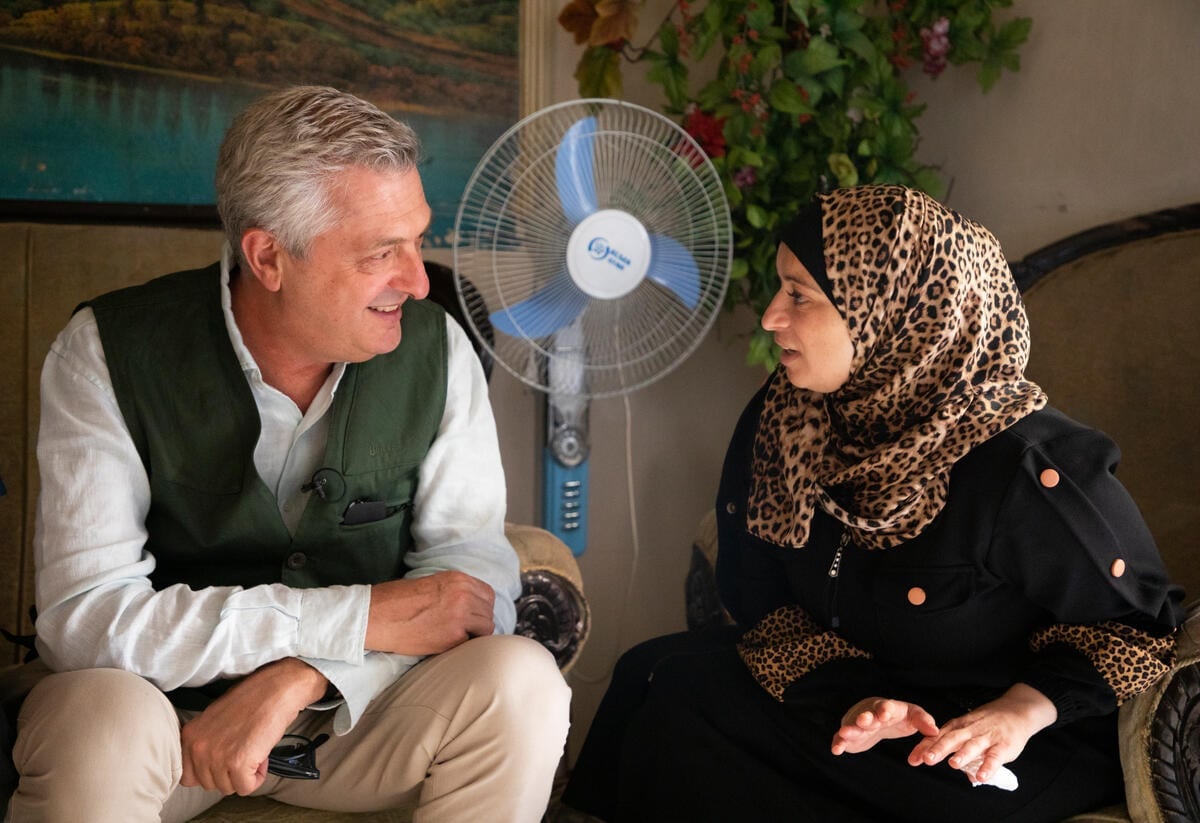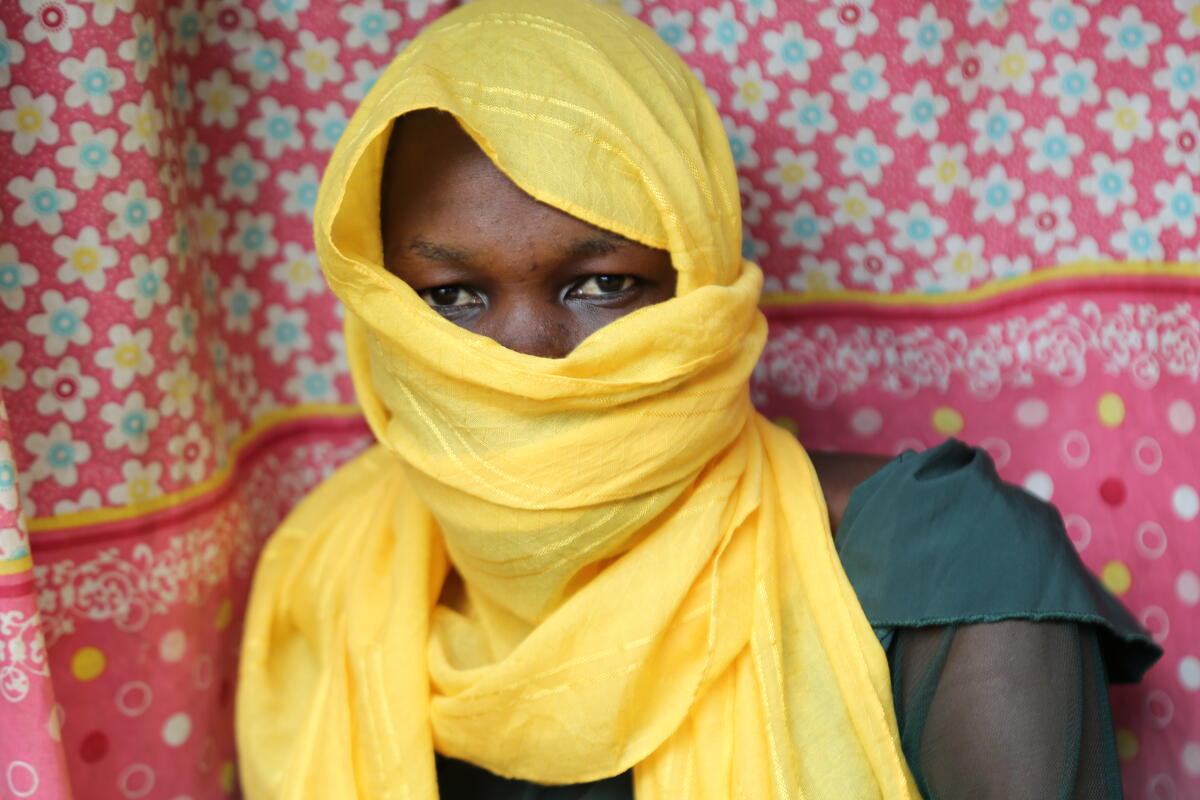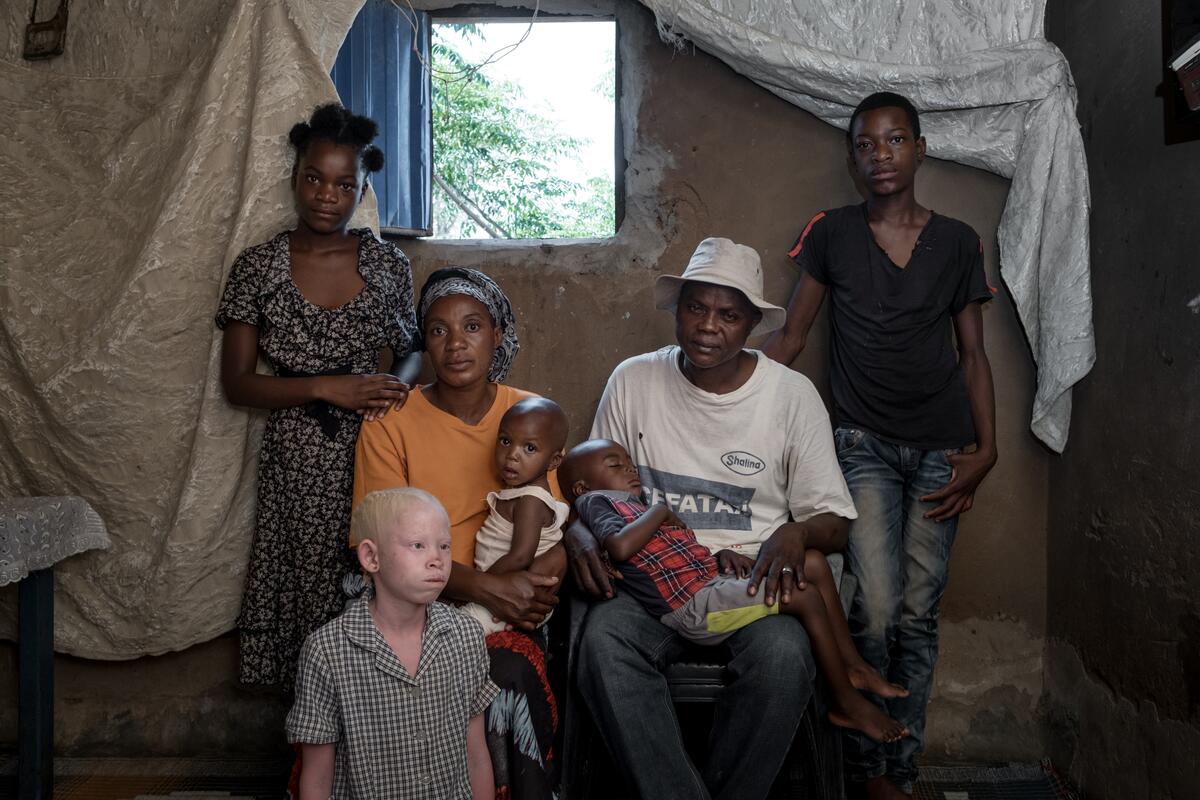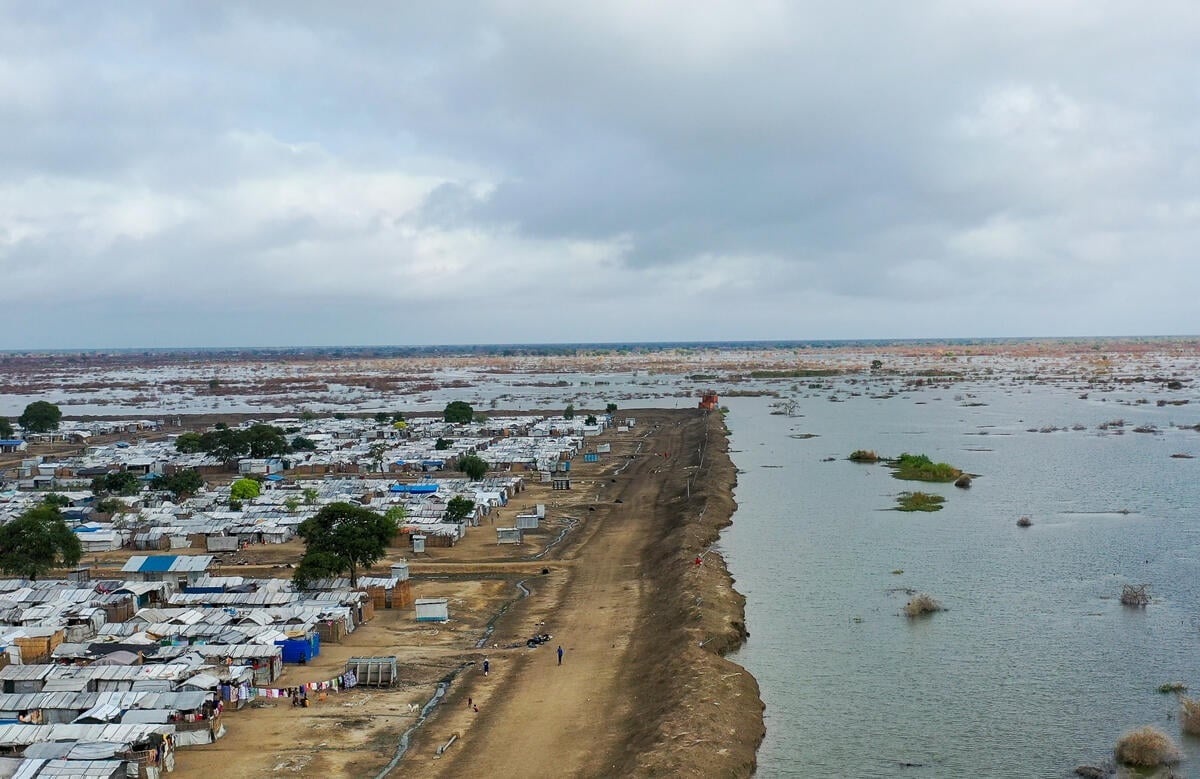Tanzania: UNHCR expresses appreciation of WFP food ration increase, despite inadequate donor funding
Tanzania: UNHCR expresses appreciation of WFP food ration increase, despite inadequate donor funding
UNHCR greatly appreciates the steps that have been taken to increase food rations to 400,000 refugees in our 13 camps in north-western Tanzania by 23 percent, easing somewhat the refugees' food shortage. The World Food Programme (WFP) has increased rations to 1,629 calories per person per day, effective with the food distribution next Monday (March 14). Unfortunately, this is still below the standard of 2,100 calories per person per day, a level which refugees in Tanzania are not yet receiving due to insufficient donations and a general shortage of food in the Great Lakes Region. But the staple food in the refugees' diet, maize, will be distributed at full rations to the refugees for the next three months.
Refugees in our Tanzanian camps are already paying the price for a dramatic shortfall in almost all foods - cereals, pulses, corn-soya blend, vegetable oil and salt - due to inadequate funding by donors. A nutrition survey at the end of last year showed that 37 percent of refugee children under the age of five were chronically malnourished and just over 23 percent were underweight. The situation is being made all the more difficult because the Tanzanian government has imposed restrictions on the movements of refugees, thus limiting their ability to provide for themselves. We are concerned that as food rations have been cut, refugees are trading or selling part of their WFP food ration for less nutritious but more filling food like cassava and bananas, thus lowering even further their nutritional intake.
Some refugees are even resorting to theft to feed themselves. At the beginning of February, a refugee who was caught stealing beans was burned to death by irate Tanzanians in a village near Ngara. It is also disturbing that some Congolese refugees are going back to unsafe areas of the Democratic Republic of the Congo because of food shortages in the camps.
Along with WFP, we have appealed to donors to increase their contributions, but fear a shortfall of nearly half the money we need this year. WFP has appealed for $43 million in order to feed refugees in Tanzania adequately, and has received so far $23 million. We strongly urge donors to support WFP's efforts to ensure that refugees do not go hungry.


